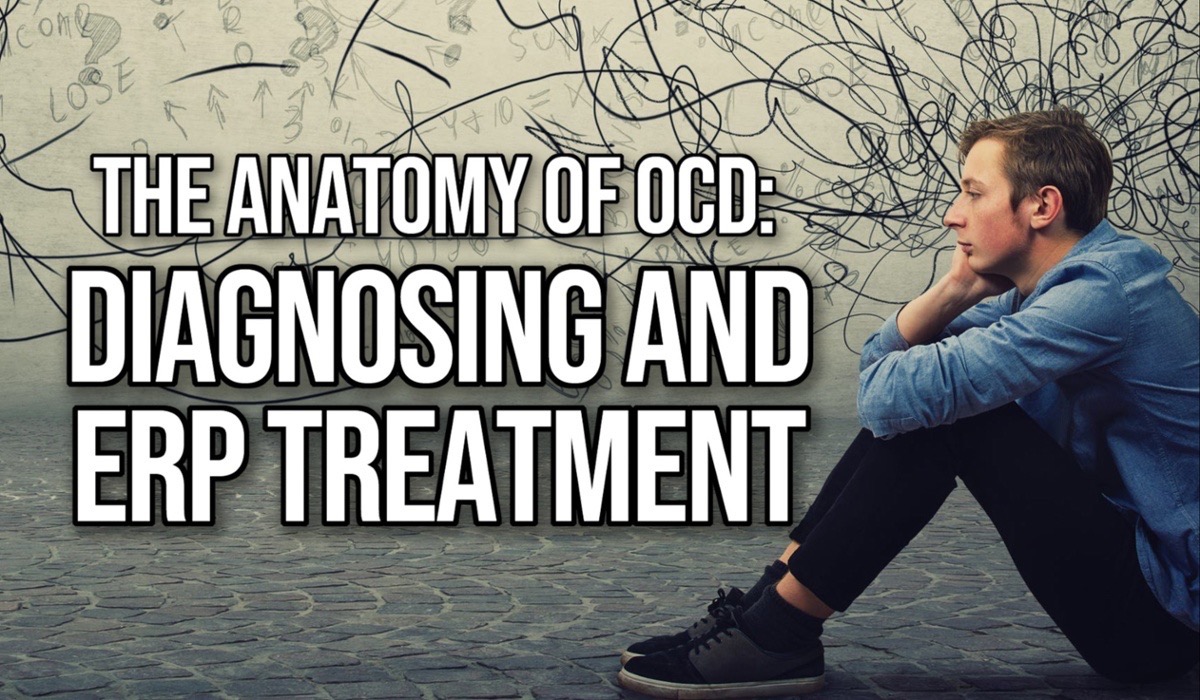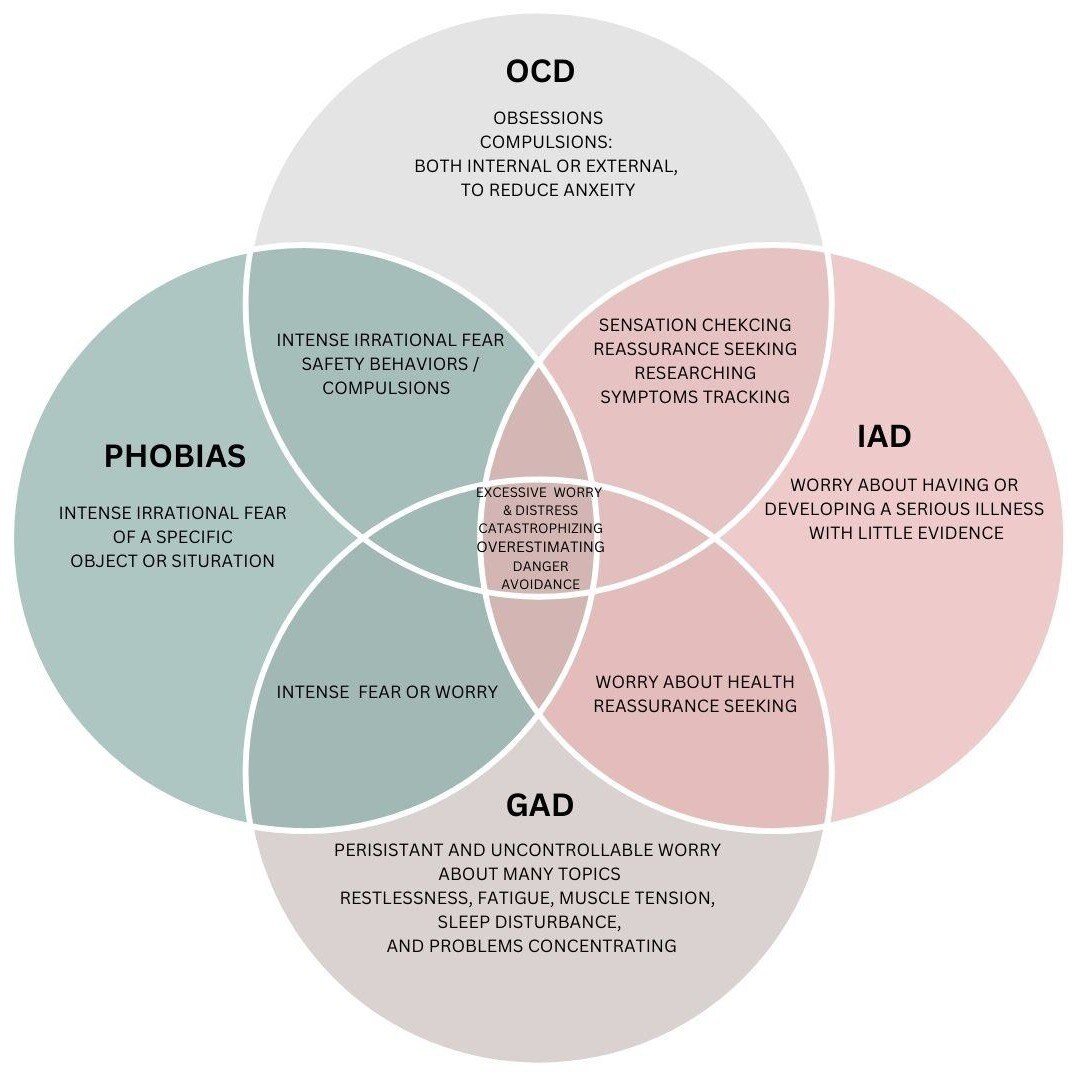Differentiating OCD and Anxiety Disorders
For therapists, grasping the nuanced distinctions between OCD and other anxiety disorders is vital for accurate diagnosis, leading to the most...

Obsessive Compulsive Disorder (OCD) is a mental health disorder that causes individuals to have persistent and intrusive thoughts, known as obsessions, along with repeating compulsions in order to reduce the anxiety associated with them. While OCD is highly treatable, it often goes undiagnosed or misdiagnosed. This leads to individuals suffering in silence due to intense shame, fear of judgement, and intense terror about their obsessions.
1. Early in my private practice career I encountered a client with OCD and I could not diagnose it. I did not have the proper training to identify it and know how to treat OCD. Even a psychiatrist did not diagnose it.
2. I had personally been in therapy for over a decade and none of my therapists ever said I had obsessive anxiety. I have had OCD loops and intrusive images, but do not qualify for the OCD diagnosis.
3. Monthly I get a few OCD sufferers who have been to other therapists, and have not been diagnosed, sometimes for years.
Now this is not malicious. Therapists as a whole are rule followers and take their job seriously. We truly want to do things correctly and help!
Therapists play an important role in helping people who suffer from OCD. It is essential that we are well-informed on the diagnosis and treatment of this disorder in order to provide the best outcomes. We can ensure we are providing effective treatment through Exposure and Response Prevention (ERP). ERP is considered the gold standard for treating OCD and consists of gradually exposing a client to their distress while abstaining from any compulsive behaviors they may use to relieve it.
This process can be difficult for both therapist and client, as it goes against what we are trained to do; reassure our clients and make them feel better. It is also counterintuitive for someone with OCD, as compulsive behaviors such as confessing or avoidance can often bring temporary relief. It is important for therapists to understand how ERP works in order for them to push their clients in the right direction when using this treatment plan.
We use to think ERP worked due to habituation or getting use to the fear, but we now know it is because of the Inhibitory Learning Model.
The Inhibitory Learning Model (ILM) states that intensity in exposures is paramount when learning a new relationship between fear and response. Therefore, continuing education on ERP can help provide therapists with knowledge, support, and certainty on treating OCD successfully - leading to improved outcomes for those suffering from this disorder.
While it is important for therapists to have a strong understanding of OCD diagnosis and treatment, improving our profession requires more than just educating ourselves on the subject matter.

For therapists, grasping the nuanced distinctions between OCD and other anxiety disorders is vital for accurate diagnosis, leading to the most...

In the world of mental health, the roles of Licensed Professional Counselors (LPCs) and Licensed Clinical Social Workers (LCSWs) are not just...

In the hushed confines of therapy rooms, where whispered truths echo and one's inner world unfolds, therapists often find themselves facing an...